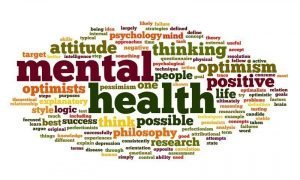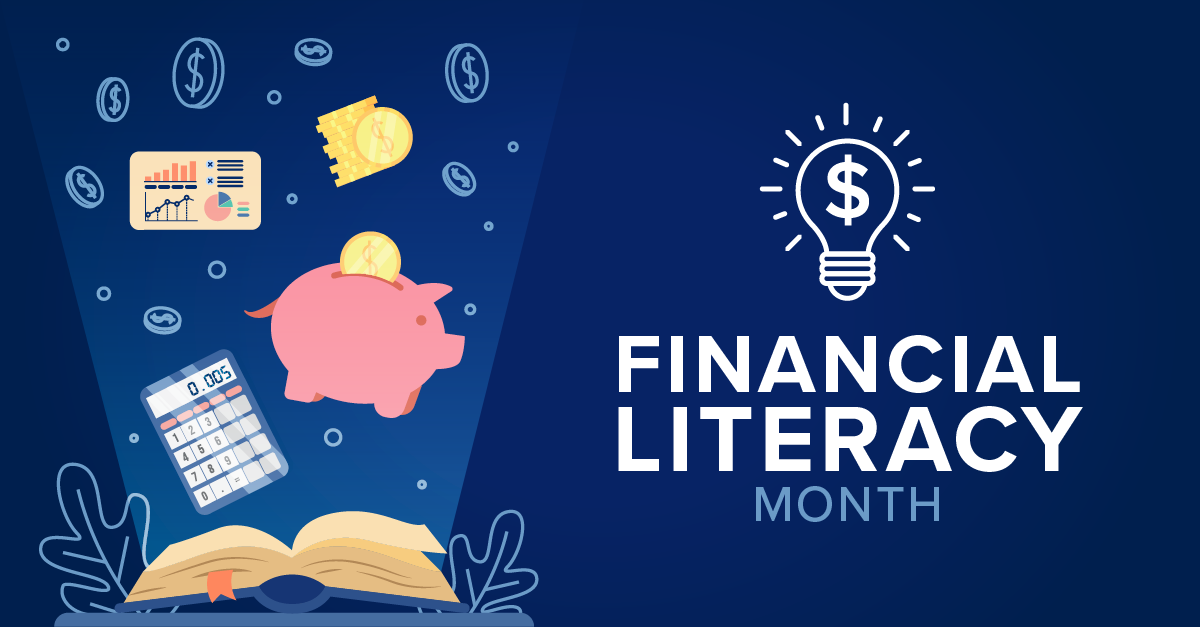Financial Education: Empowering Yourself with Money Management Knowledge, 7 Tips
Financial education is a vital component of personal and professional success. It equips individuals with the knowledge and skills necessary to make informed financial decisions, effectively manage their money, and achieve long-term financial stability. In this article, we explore the importance of financial education and provide key insights to help you navigate the world of personal finance.

1. Understanding Personal Finance
Financial education begins with understanding the fundamentals of personal finance. It involves learning about budgeting, saving, debt management, investing, and planning for the future. By grasping these core concepts, you can develop a solid foundation for your financial journey.
2. Building Budgeting Skills
Budgeting is a cornerstone of financial management. It involves tracking your income and expenses, setting financial goals, and allocating your resources wisely. With a well-planned budget, you can effectively manage your cash flow, control your spending, and work towards achieving your financial objectives.
3. Saving and Investing Wisely
Financial education teaches the importance of saving and investing for the future. It encourages individuals to set aside a portion of their income for emergencies, retirement, and other long-term goals. Learning about different investment options, such as stocks, bonds, and mutual funds, empowers you to make informed decisions that align with your risk tolerance and financial objectives.
4. Managing Debt Effectively
Debt can be a significant burden if not managed properly. Financial education helps you understand the various types of debt, such as student loans, credit card debt, and mortgages and provides strategies for effective debt management. By learning about interest rates, repayment plans, and debt consolidation options, you can take control of your debt and work towards becoming debt-free.
5. Planning for the Future
Financial education emphasizes the importance of long-term financial planning. It involves setting goals for retirement, education, homeownership, and other significant milestones. By understanding concepts like compound interest, investment vehicles, and retirement savings plans, you can create a comprehensive financial plan that aligns with your aspirations and provides financial security for the future.
6. Continual Learning and Adaptation
Financial education is an ongoing process. The financial landscape constantly evolves, and staying updated with current trends, regulations, and investment opportunities is crucial. Engage in continuous learning through books, online resources, seminars, and workshops to enhance your financial knowledge and adapt to changing economic conditions.
7. Seeking Professional Guidance
While financial education equips you with foundational knowledge, seeking professional guidance can provide additional expertise and tailored advice. Financial advisors, accountants, and investment professionals can offer insights specific to your financial situation and help you make informed decisions based on your goals and risk tolerance.

Conclusion
Financial education is the key to taking control of your financial well-being. By developing a strong understanding of personal finance, budgeting skills, debt management strategies, and investment principles, you can empower yourself to make informed decisions, achieve financial stability, and work towards your long-term financial goals. Embrace the journey of financial education and unlock a world of possibilities for your financial future.
FAQs
1. Q: Can anyone benefit from financial education?
A: Yes, financial education is beneficial for individuals of all ages and backgrounds. Whether you’re starting your career, planning for retirement, or looking to improve your financial situation, financial education provides valuable knowledge and skills applicable to everyone.
2. Q: Where can I find resources for financial education?
A: There are numerous resources available for financial education. Look for reputable websites, books, podcasts, and online courses that cover topics such as budgeting, saving, investing, and retirement planning. Additionally, financial institutions and community organizations often offer workshops and seminars on financial literacy.
3. Q: How can financial education impact my daily life?
A: Financial education can positively impact your daily life by improving your financial decision-making skills, reducing stress related to money matters, helping you achieve financial goals, and providing a sense of control and confidence over your financial situation.
4. Q: Is it too late to start financial education?
A: It’s never too late to start your financial education. Regardless of your age or financial circumstances, learning about personal finance and developing good financial habits can have a significant impact on your financial well-being.
5. Q: Should I consult a financial advisor?
A: Consulting a financial advisor can be beneficial, especially for complex financial matters or when you need personalized advice. A financial advisor can help you create a comprehensive financial plan, provide guidance on investment strategies, and offer expertise tailored to your specific needs and goals.






